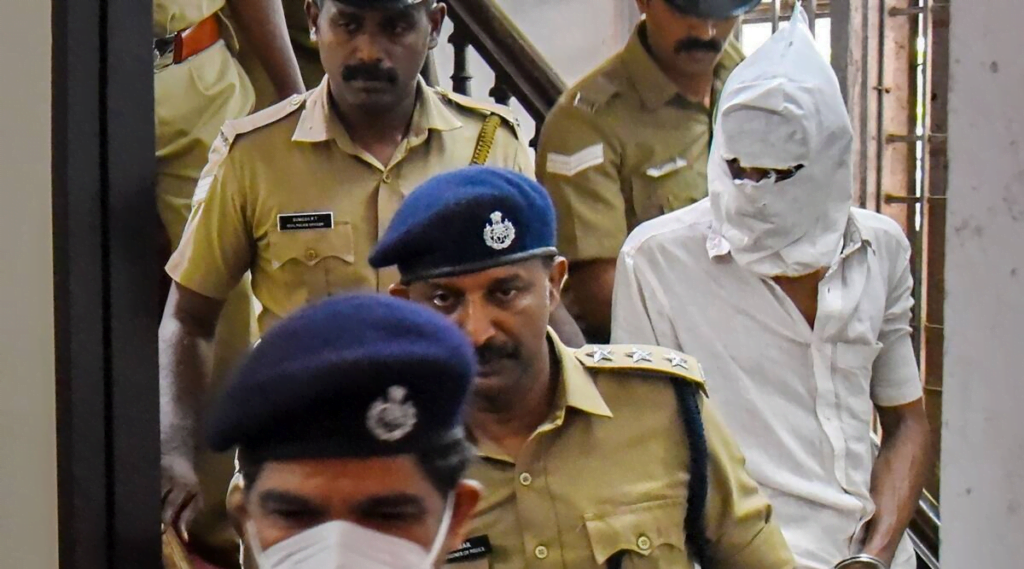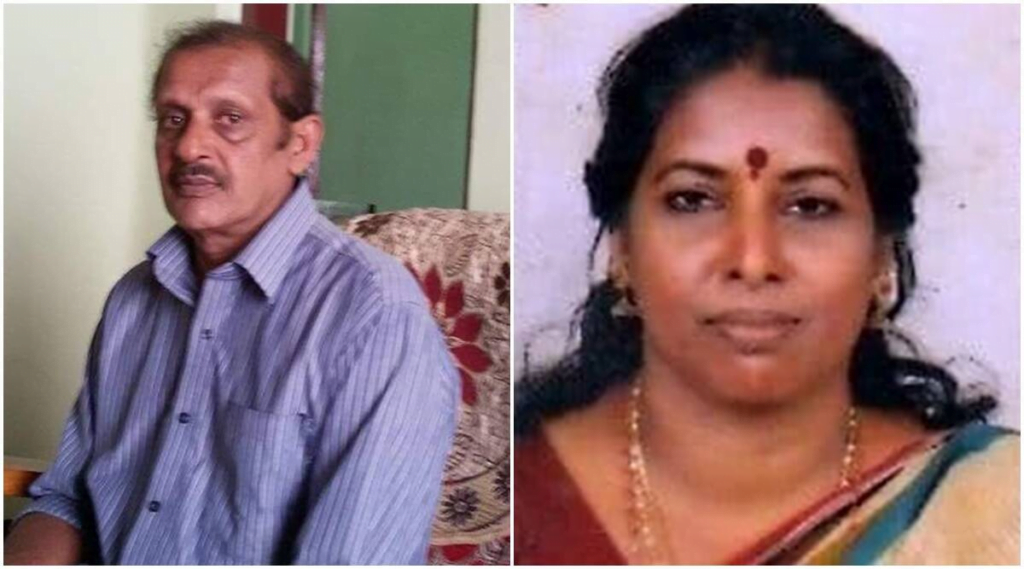Trigger warning: Mentions of murder, human sacrifice, cannibalism
Culture is an amalgam of everything that we have witnessed and continue to experience. Therefore, it is a mirror reflecting all of us in a thousand different ways. Some of these reflections are our realities, while the others constitute the often-repressed dark side of life.
Culture is also, simply, an unauthentic collection of histories where the thin threads of truths and untruths mix indefinitely. As a part of society and therefore, as an element involving the power structures, culture narrates histories in many ways, and justifies its existence.
Of the many brutal and horrific histories part of our culture is ritualistic killing or sacrifice. It is defined as, “A devotional offering as a sacred duty and an obligation towards God and his creation. And, the most common purpose is to please them (Gods) and obtain their help to fulfil one’s desires and achieve the four aims of human life namely to perform obligatory duties (dharma), to earn wealth (artha), to enjoy sexual pleasure for the sake of progeny (kama) and attain liberation (moksha)“
The idea of ‘offering’ is a problematic concept since it can sometimes mean living beings. Such an event took place in Kerala recently and in shocking news, two women were brutally murdered by a trio, including a couple and a mastermind who lured the women to this trap. The news reads as, “In a shocking incident, two women in Kerala, who were reported missing, were found murdered and buried in a horrific purported case of “human sacrifice” in Thiruvalla town located in the Pathanamthitta district. According to the police, the two victims were identified as Padmam and Roslin. They were reportedly picked from the Ernakulam district by an agent named Shafi who lured them for a couple to conduct the ritual.

The three most poignant parts of this case are that the victims are females, the alleged prime motive is that the the couple believed that this would bring them a prosperous life, and lastly, that it took place in Kerala, a state with high literacy rate.
Both the victims are lottery vendors who had to toil away to make their ends meet. They were also forced to lead a lonely life outside their families due to financial troubles. Lottery vendors are a common sight along the roads of Kerala and most of them are financially backward and aged, like the victims in this case.
The victims were identified as members of families who are not looked after or cared for well, and therefore, chosen as convenient victims. Moreover, this incident stands out as a patriarchal warning to the middle-aged, independent women who leave their families and lead their own life for work or other pursuits. This incident underlines how older women can easily be targeted and made to vanish without a trace
Additionally, the thought that nobody would go and look for them is seemingly a strong reason for choosing them. These factors, along with their gender, made them vulnerable in the eyes of the alleged accused so to say.
We must also address the question as to why historically, women are chosen as scapegoats for such ritualistic practices. Many reasons are sighted for this, beginning with the idea of virginity. Virgins are considered as apt for such sacrifices, because they are ‘pure‘.
But, the most visible answer in this case would be the subjugated and oppressed position of females in society. The patriarchal world has ‘the other’ in the female and ‘the self’ in the male. Hence, ‘the other’ is seen as an instrument for torture and sacrifice. Such denial of selfhood or individuality for females is a very strong reason why many acts of ritualistic sacrifices focus on women.
Also read: Sexism And Casteism In The Pujo And The Plethora Of Rituals In Bengali Lives

The female body is seen as chattel which can be invaded, tortured or conquered by the patriarchal culture. It is the same rooting that can be seen here as well, where the victims were sexually misused along with the alleged female accused.
The victims were identified as members of families who are not looked after or cared for well, and therefore, chosen as convenient victims. Moreover, this incident stands out as a patriarchal warning to the middle-aged, independent women who leave their families and lead their own life for work or other pursuits. This incident underlines how older women can easily be targeted and made to vanish without a trace.
The other two dimensions to this incident are inter-related. Kerala being among the states with the highest literacy rates in the country, this news has literally shocked not only Malayalis but, the entire nation.
Commenting on this, Justice Devan Ramachandran, Court of Kerala, said: “Some of the things happening here are beyond the limits of absurdity. I wonder where Kerala is going. . .’’ It is very important for us to recognise here that we are seldom groomed to grow up as rational individuals from birth. Most children grow up being indoctrinated by their respective religious faiths, and they live their lives in unquestioning abeyance of what is expected of them by their Gods
As for the many other states in the country, it is more or less a frequent news event. It is said that since the 1950s, eight instances of suspected human sacrifices happened in the state previously. Invariably, the literacy statistics have nothing to do with the reasoning of the population. Killing humans in the belief that it will yield prosperity is nothing more than the blind belief in religion.
Belief is a personal question but when it becomes entangled with the freedom, and life of other fellow individuals, one should be able to think rationally and move forward, and not fall a prey to one’s beliefs. We are also fed irrational beliefs from childhood through institutions like family, schools, social spaces, and the like.
The media also often fortifies this and capitalises on it by offering breadcrumbs like horoscope pages, mind reading consultations, etc. Readers/viewers should scrutinise and question the agency, profit motive, and logic behind the publication of such content and how the same media would promptly blame consumers of such beliefs when incidents like this take place.

As critical readers, the public should realise this nature of the media and question the double standards put forward by them.
Commenting on this, Justice Devan Ramachandran, Court of Kerala, said: “Some of the things happening here are beyond the limits of absurdity. I wonder where Kerala is going. . .’’ It is very important for us to recognise here that we are seldom groomed to grow up as rational individuals from birth. Most children grow up being indoctrinated by their respective religious faiths, and they live their lives in unquestioning abeyance of what is expected of them by their Gods.
What happened in Kerala is an extension of this indoctrination, and lack of rational, scientific, and constitutional values being imparted to individuals. Faith is, of course, a personal choice, but violence in the name of faith cannot be.
Also read: My Experiences Of Patriarchal Rituals In The Nepali Community
About the author(s)
Vidhu (she/her) is an emerging writer with Masters in English language and literature, keen on learning the politics of the world around her. She has dreams to create a career in journalism and writing, where she unburdens her self. She has a great taste for movies from varies geographical spans and pens down poetry in magical charms. She is open to projects or research centring on humanities.






Why has the name of 3rd accused not published, who actually did the killings?